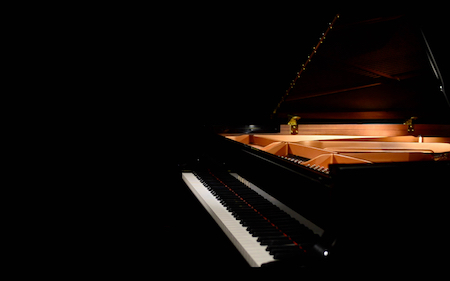Why do you want to learn the piano? Is it to pick up a new skill? Or find a way to de-stress at the end of the day?
People have a variety of reasons for selecting a new piano. But once you’ve decided you’re ready for the investment, how to choose the right piano may seem like a difficult task. Here are a few things to consider:
Purpose: What do you plan to use the piano for? If you’re an advanced player looking for a high-quality instrument for concerts and recordings, you’ll want something different than someone who is just starting out and needs a basic instrument for home practice.
Space: How much space do you have for a piano? A grand piano can be a beautiful addition to any home, but it takes up a lot of space and can be expensive to maintain. An upright piano takes up less space and is more affordable, but it may not have the same sound quality as a grand.
Budget: What is your budget for a piano? Pianos can range in price from a few hundred dollars for a starter to several hundred thousand dollars for a high-end concert grand. Determine your budget and look for pianos within that range.
New vs. used: Do you want a new or used piano? New pianos come with warranties and are generally in good condition, but they can be more expensive. Used pianos can be a good option if you’re on a tight budget, but they may require more maintenance and may not have the same sound quality as a new piano. Don’t discount used pianos, however. They are often a good choice for in-home use.
Acoustic vs. digital: Do you want an acoustic or digital piano? Acoustic pianos are traditional instruments that use hammers and strings to produce sound. Digital pianos use electronic components to replicate the sound of an acoustic piano and often have additional features such as the ability to play other instrument sounds or record your playing.
Brand: What brand of piano do you want? There are many reputable piano brands to choose from, each with its own unique characteristics. Do some research and try out a few different brands to see which one you like best.
Size: A large home with a music room will have more space than a small urban condo that needs flexibility. Do you prefer something you can tuck into the closet when not in use, or do you want it to be the star of the room, put on display?
Touch and action: How does the piano feel? The touch and action of a piano refers to the keys and how they feel when you play. Some pianos have a lighter touch, which is easier for beginners, while others have a heavier touch, which can be better for advanced players. Try out a few different pianos to see which one feels the best to you.
Sound: How does the piano sound? The sound of a piano is subjective and can vary greatly from one instrument to another. Listen to a few different pianos and choose one with a sound that you like.
By considering these factors, you can choose the right piano for your needs and preferences. Remember to try out a few different pianos before making a decision and don’t be afraid to ask a salesperson or a musician for their opinion.


